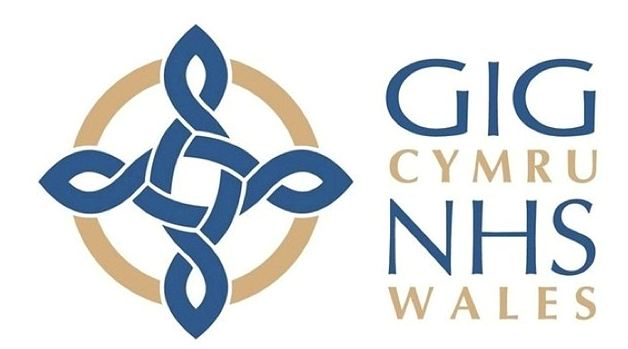In 2020, Wales became the first UK nation to routinely provide all cancer patients receiving certain types of chemotherapy with DPYD screening to identify their risk of severe side effects and help prevent these from occurring. An estimated 10% of patients prescribed
fluoropyrimidine drugs, which are widely used for the treatment of cancer, can develop severe, sometimes life-threatening side effects. These toxicities can be triggered by genetic variations in DPYD, the gene that encodes for the enzyme which helps to metabolise (break down) the fluoropyrimidines. Low levels of the DPD enzyme –predicted by the genetic test– can result in a build-up of these chemotherapy drugs, making the side effects more severe and occasionally fatal.




